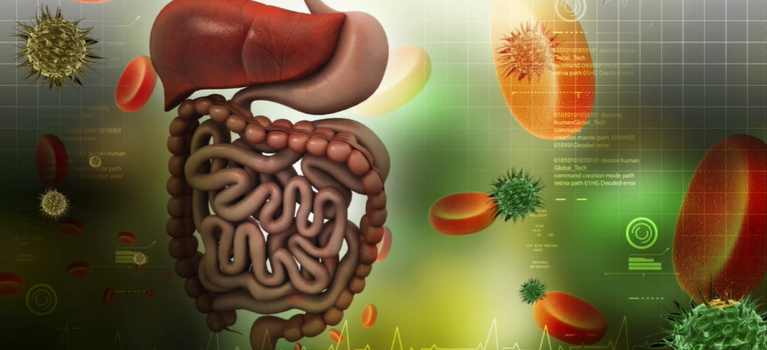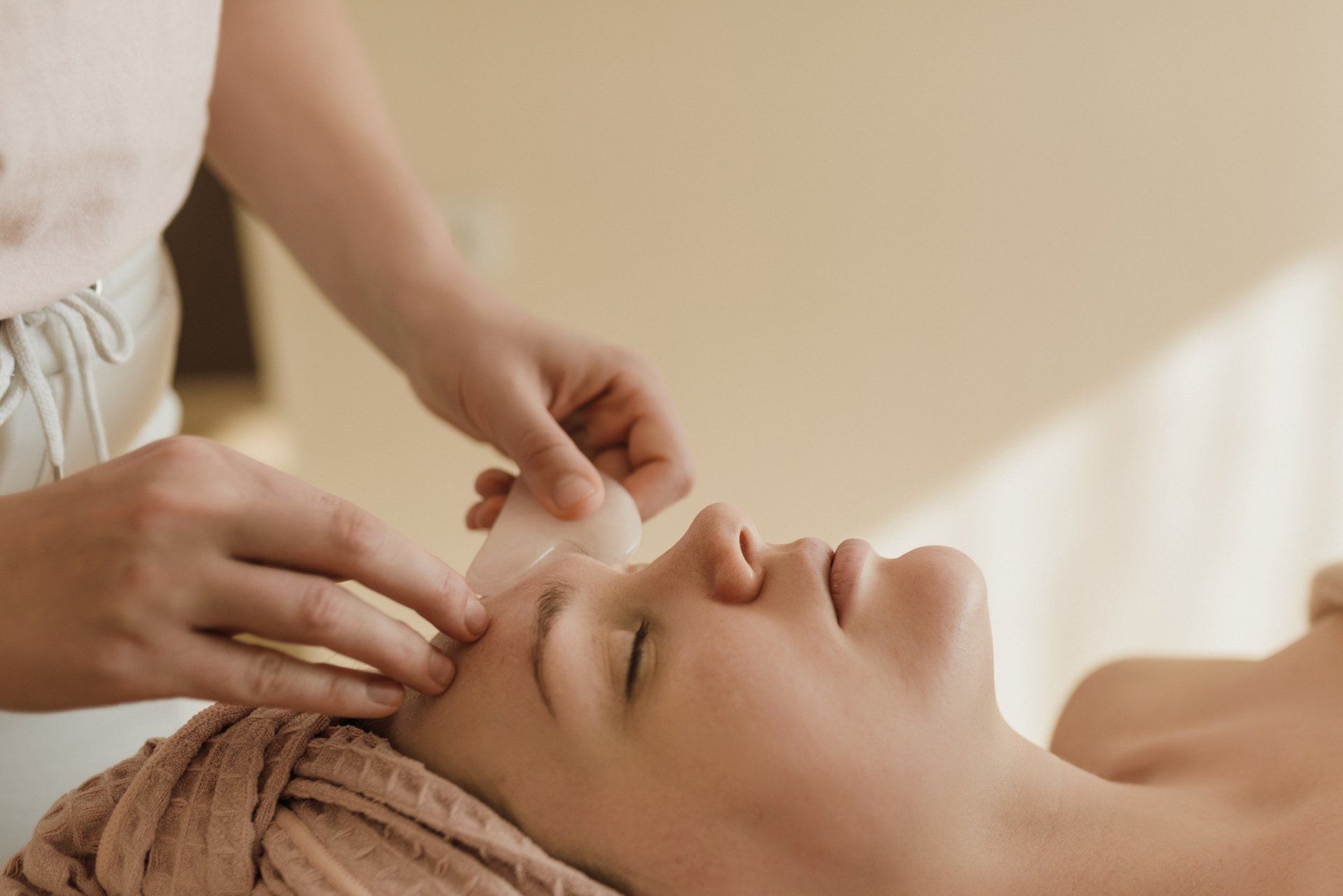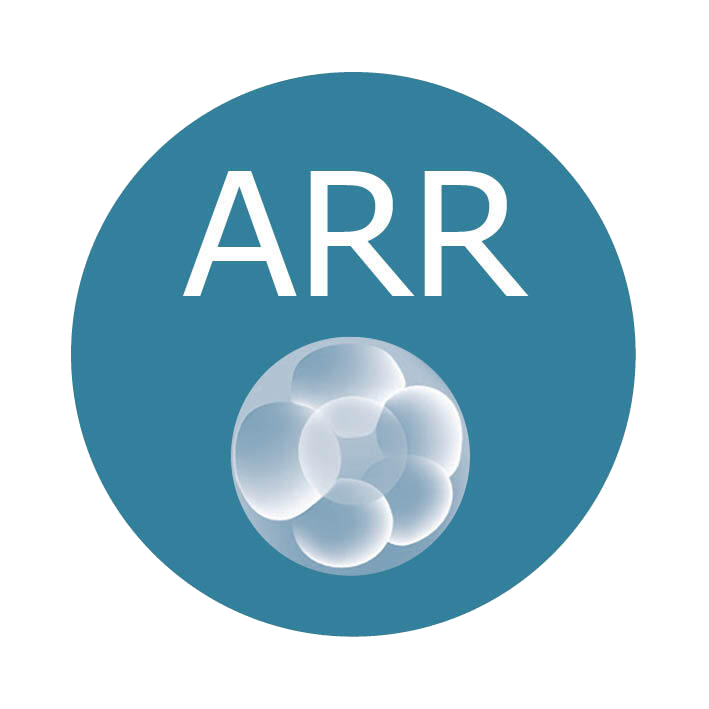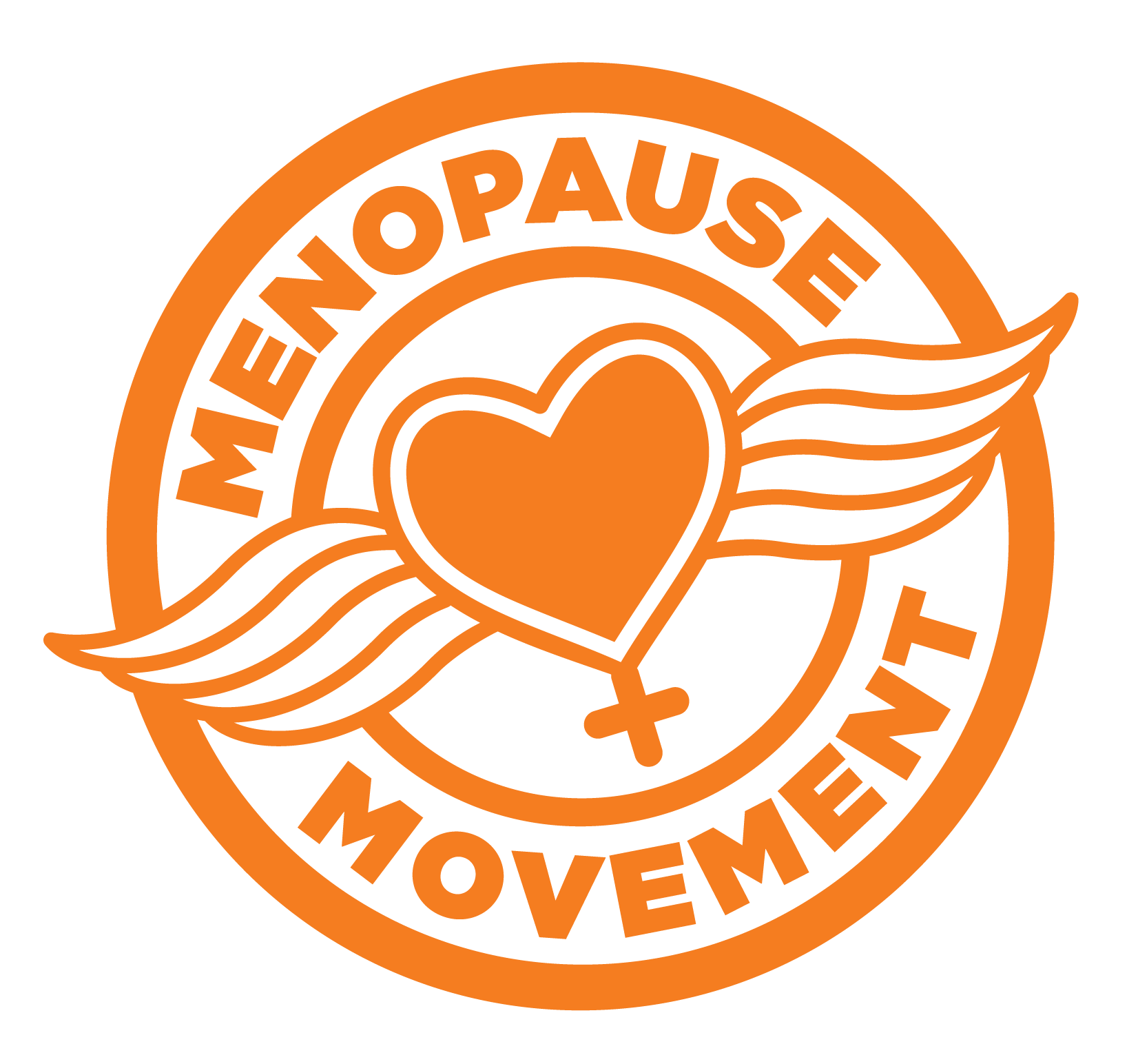Lung Cancer awareness month
November is Lung Cancer Awareness Month. It is observed annually to raise awareness about the disease, its symptoms, and the importance of early detection and treatment.
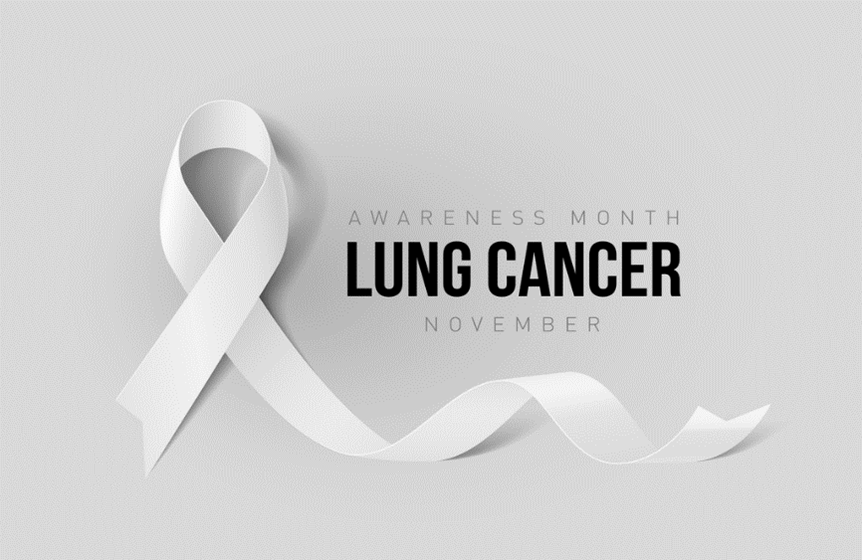
November is Lung Cancer Awareness Month. It is observed annually to raise awareness about the disease, its symptoms, and the importance of early detection and treatment. Lung cancer is the third most common type of cancer in the UK. It is also difficult to spot the symptoms.
They are raising awareness with health care professionals and the general public about how early detection can increase lung cancer survival symptoms early on, so it’s important to know what to look out for and how you can reduce your risk.
What is lung cancer?
There are two main types of primary lung cancer. These are:
non-small cell lung cancer (NSCLC)
small cell lung cancer (SCLC).
The most common type is non small cell lung cancer.
Signs and symptoms of lung cancer
Lung cancer may not always have symptoms early on.
The symptoms of lung cancer can include:
a cough for 3 weeks or more
a change in a cough you have had for a long time
a chest infection that does not get better, or repeated chest infections
feeling breathless and wheezy for no reason
coughing up blood
chest or shoulder pain that does not get better
a hoarse voice for 3 weeks or more.
If you have any of these symptoms, it is important to get them checked by your GP.
Coping with lung cancer can be difficult. You might have a number of different feelings when you're told you have cancer. You may feel shocked and upset. You might also feel, numb, frightened and uncertain, confused, angry and resentful, guilty.
You may have some or all of these feelings. Or you might feel totally different. Everyone reacts in their own way. Sometimes it's hard to take in the fact that you have cancer at all.
Experiencing different feelings is a natural part of coming to terms with cancer. All sorts of feelings are likely to come and go.
Physical problems of lung cancer and it’s Treatment
Lung cancer and its treatments are likely to cause physical changes in your body. These might affect the way you feel about yourself. You may experience weight loss or hair loss. Changes such as weight loss and hair loss can affect your self esteem and the way you relate to other people.
Tiredness and feeling lethargic a lot of the time are common during treatment and for some months afterwards. These symptoms are also common when you have metastatic lung cancer. Resting but also doing some gentle physical activity can help.
How Reflexology Can Help
At Reflexology Lincolnshire, we are committed to your wellbeing. While reflexology cannot cure cancer or any other medical condition, it may provide some benefits to cancer patients, including those with lung cancer. However, it's important to note that reflexology should be used as a supportive therapy alongside conventional medical treatment, and you should consult with your healthcare team before starting any complementary therapy.
Here are some ways in which reflexology may help lung cancer patients:
- Relaxation and stress reduction: Reflexology sessions can promote deep relaxation and help reduce stress and anxiety, which are common emotional challenges faced by cancer patients. It may induce a state of calm and improve overall well-being.
- Pain management: Reflexology may help alleviate pain and discomfort associated with cancer and its treatments. By stimulating certain reflex points, it may trigger the release of endorphins, which are natural pain-relieving substances produced by the body.
- Improved sleep: Cancer and its treatments can disrupt sleep patterns. Reflexology's relaxation benefits may help improve the quality of sleep, allowing patients to rest and recover more effectively.
- Enhanced circulation: Reflexology techniques aim to improve blood and lymphatic circulation. This can have a positive impact on overall health and may support the body's natural healing processes.
- Increased energy levels: Cancer treatments can often lead to fatigue and decreased energy levels. Reflexology may help to restore energy and vitality by promoting a sense of balance and revitalization.
- Emotional support: Any cancer can be emotionally challenging. Reflexology sessions provide an opportunity for patients to receive nurturing touch and emotional support from a trained practitioner, which can be comforting and empowering.
It's important to note that the evidence supporting reflexology's effectiveness in treating cancer specifically is limited. Most of the available research focuses on its general benefits for cancer patients. Reflexology should never be used as a substitute for medical treatment, but it may complement conventional care and contribute to an improved sense of well-being for cancer patients.
To make an appointment or find out more, contact us at info@reflexologylincolnshire.co.uk







